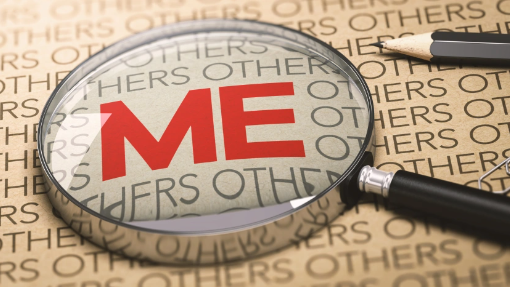As humans, it is only natural for us to look out for ourselves. This is something that I have learned over the years – no matter who we are, people are bound to be selfish in some way or another. It can often be difficult to accept that this is a fact of life, but it’s important to recognize the reality of the situation.
How To Deal With Selfishness
Although selfishness may be inevitable, there are certain things that we can do when it comes to dealing with it. For starters, try not to take it personally when someone puts themselves first – instead of getting frustrated or angry, take a step back and remember that this is likely how they were raised or taught. Additionally, focus on creating strong relationships with those individuals and ensure that you’re always treating them with respect and kindness – even if they don’t reciprocate those same feelings. Additionally, never forget the power of communication. If someone’s behavior seems particularly selfish or unkind, sit down and talk about your thoughts and feelings so that the other person can understand where you’re coming from.
Self-Care Is Key
When dealing with someone who is selfish or unkind, it’s important not to forget about yourself in the process. Make sure you set boundaries when interacting with others and stick to them! It’s also important to practice self-care by taking time for yourself every day – whether that means meditating, journaling, exercising or simply taking a few minutes of quiet time away from everyone else. Doing so will help keep you grounded and focused on your own wellbeing during any tough conversations or interactions that may arise.
Recognizing people’s tendency towards being selfish can be difficult but understanding why this happens can help us make better decisions going forward in order to protect our own wellbeing while still remaining kind towards others. Remembering to practice self-care during these times is essential as well since we cannot control how other people act but we can control how we choose to react in any given situation. Ultimately, understanding why people are wired to put themselves first can help us better navigate difficult conversations and interactions moving forward!

